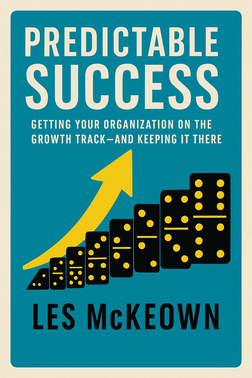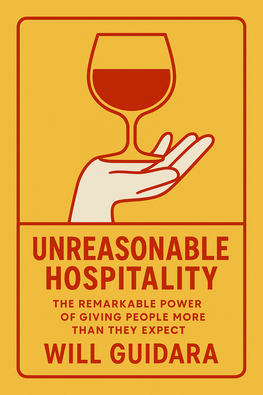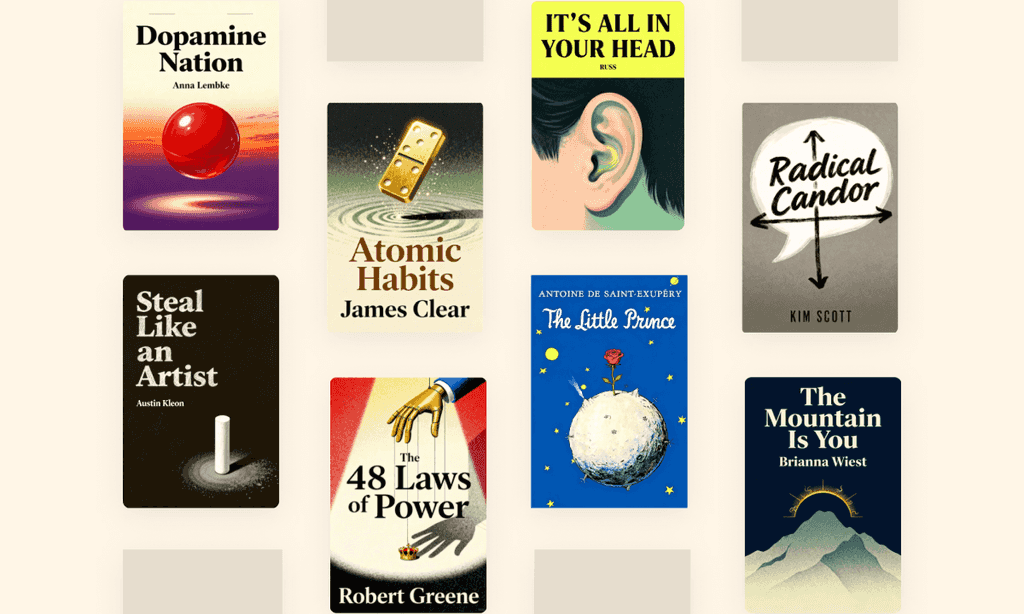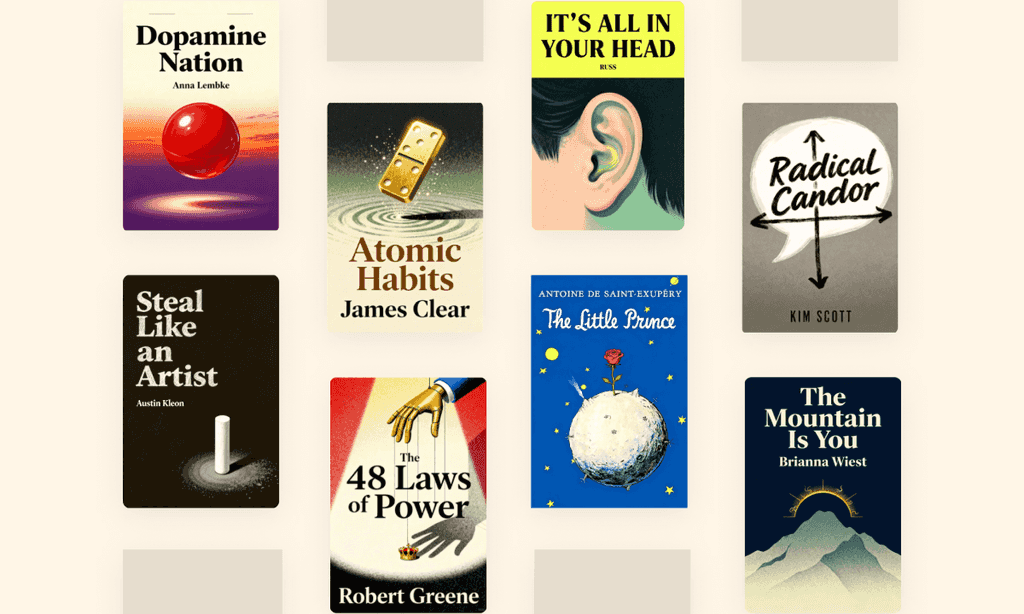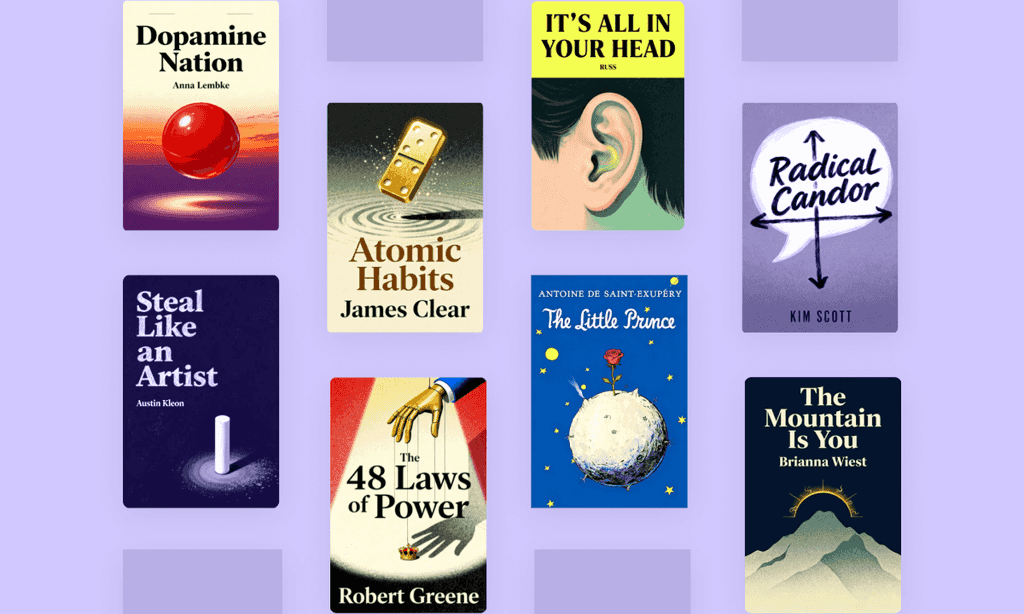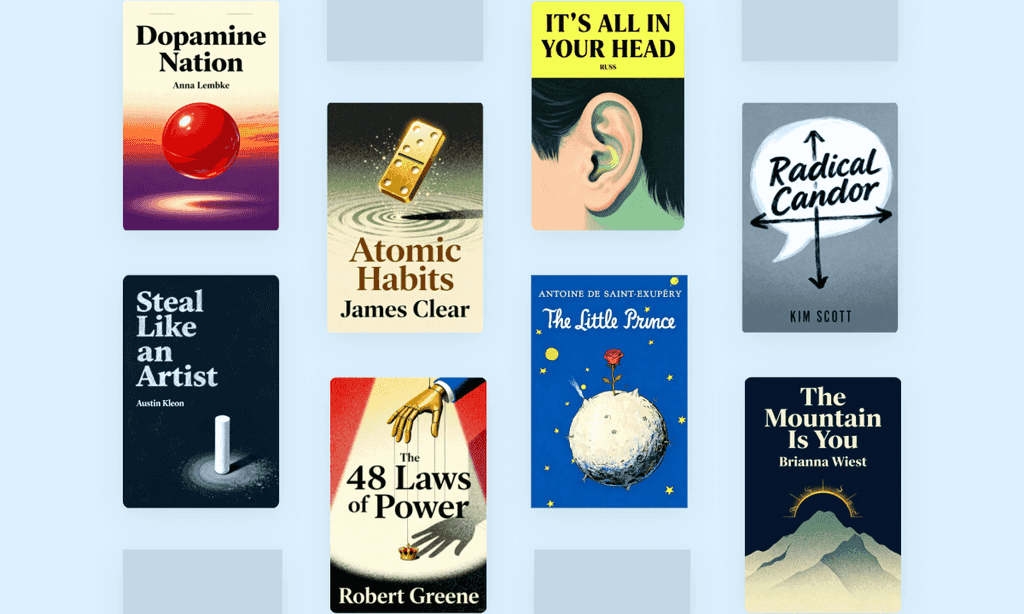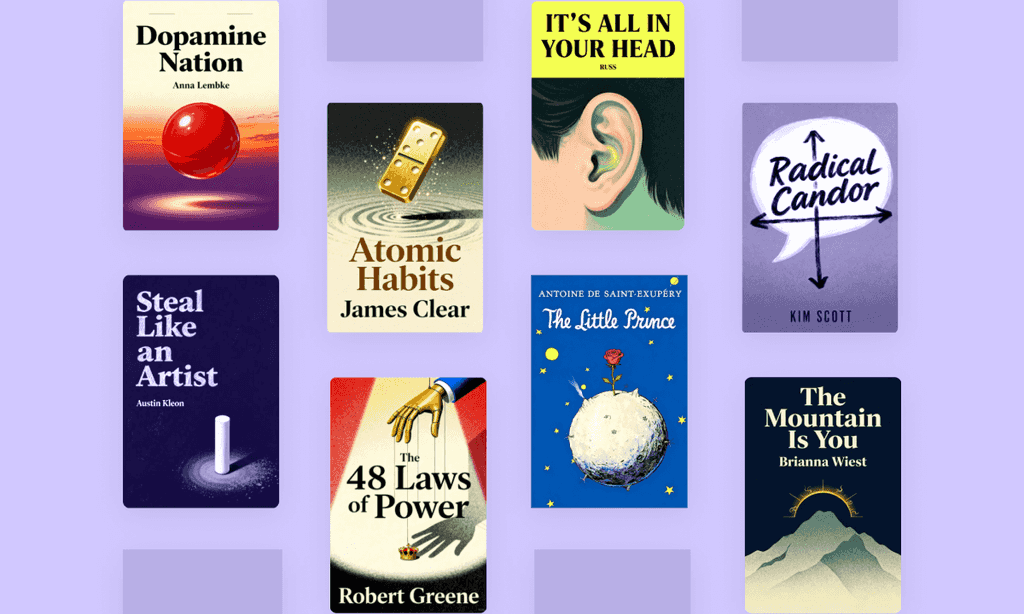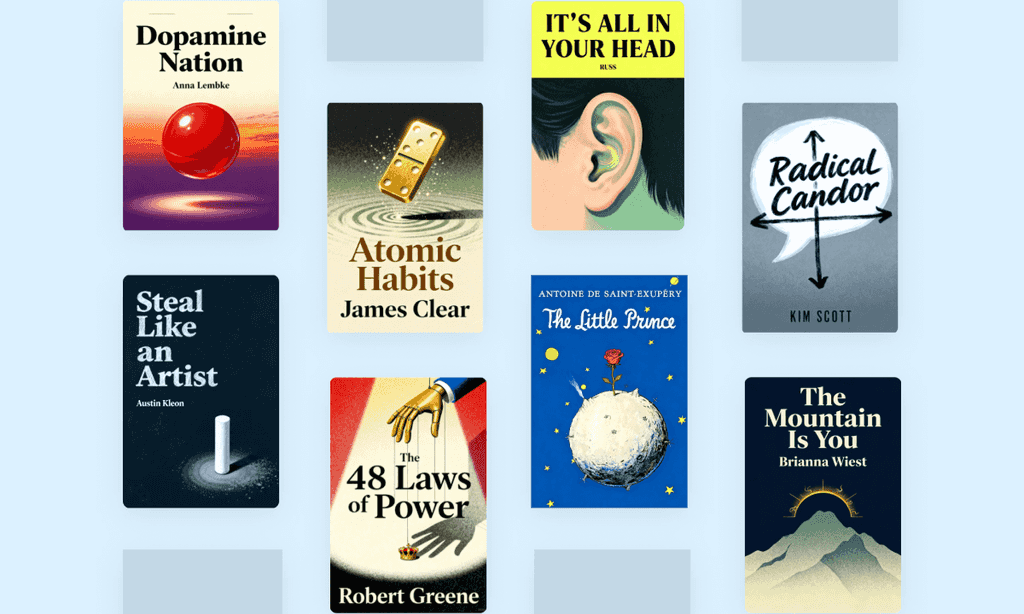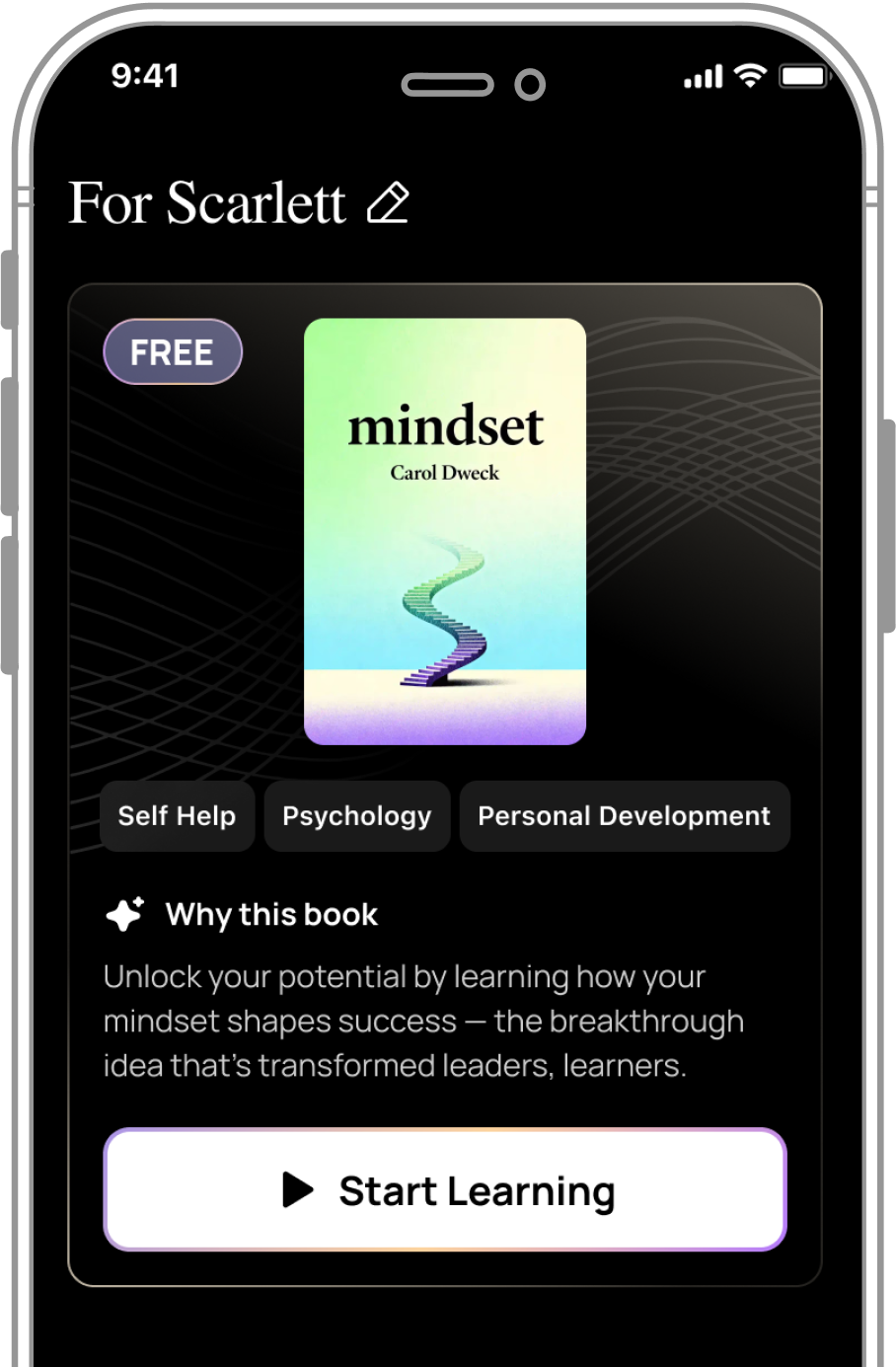Good to Great by Jim Collins
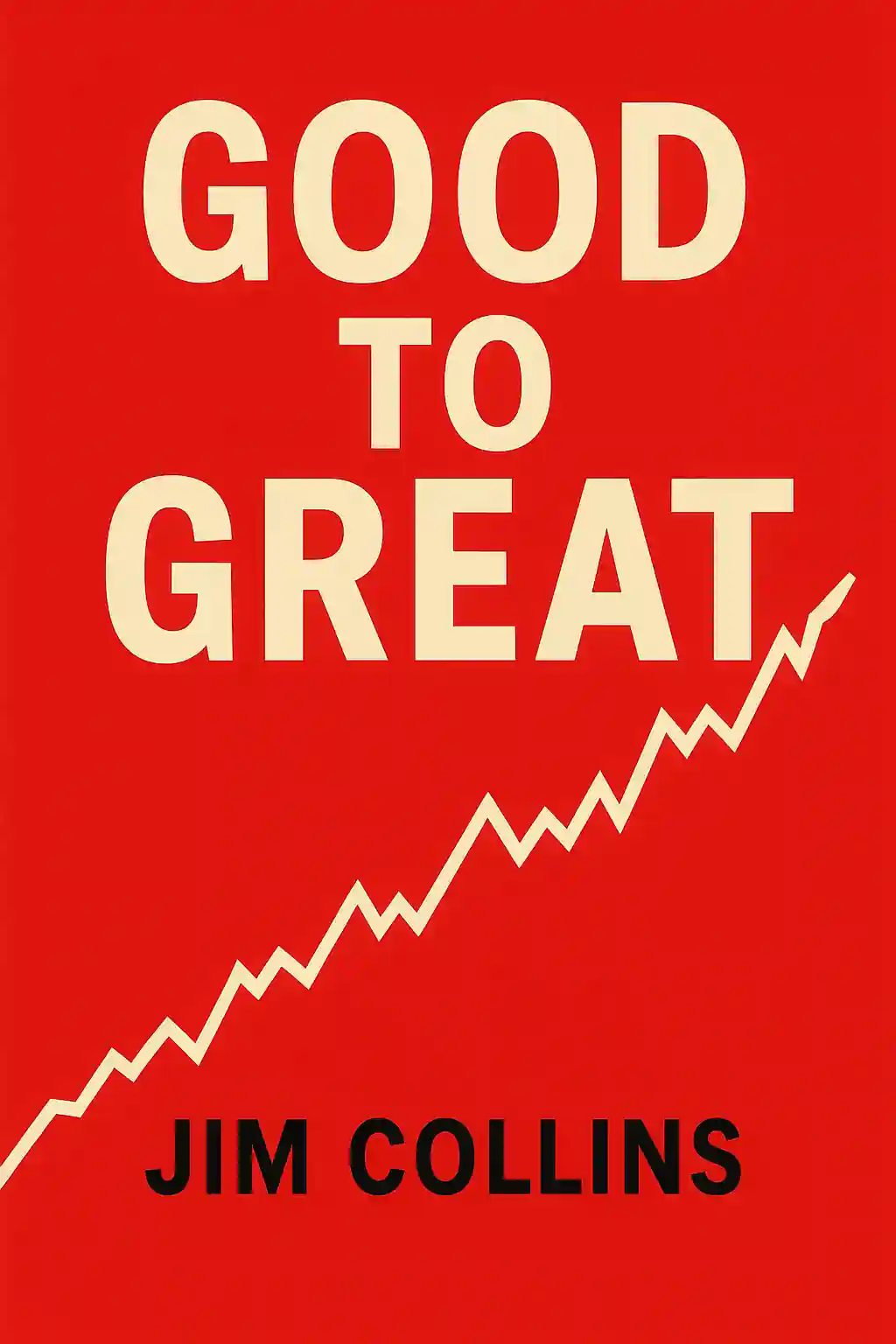
Overview of Good to Great
Why do some companies transform from average to exceptional? "Good to Great" reveals Jim Collins' groundbreaking 6-year study of 28 companies that achieved greatness. Endorsed by Coca-Cola executives and selling 4+ million copies, it introduces the revolutionary concepts of Level 5 Leadership and the Hedgehog Principle.
About its author - Jim Collins
Jim Collins, bestselling author of Good to Great: Why Some Companies Make the Leap… and Others Don’t, is a globally recognized authority on business strategy and organizational excellence.
A Stanford-trained researcher and former faculty member at Stanford Graduate School of Business, Collins has dedicated over 25 years to studying what separates enduring companies from their competitors. His work blends rigorous analysis with actionable frameworks like the "Hedgehog Concept" and "Level 5 Leadership," cementing Good to Great as a cornerstone of modern management literature.
Collins’ other influential works, including Built to Last and Great by Choice, explore themes of visionary leadership and sustained success in turbulent markets. His concepts are taught in top MBA programs and implemented by Fortune 500 executives, military leaders, and social sector pioneers.
Recognized by Forbes as one of the "100 Greatest Living Business Minds," Collins founded a management laboratory in Boulder, Colorado, where he continues advising CEOs. Good to Great has sold over 10 million copies worldwide and been translated into 32 languages, solidifying its status as a transformative business classic.
Key Takeaways of Good to Great
- Level 5 leaders combine humility with unwavering resolve for company success
- The Hedgehog Concept demands focus on passion, excellence, and economic drivers
- Build momentum through consistent action, not overnight transformations (Flywheel Effect)
- Confront brutal truths while maintaining faith in eventual triumph
- Get the right people on the bus before setting strategic direction
- Cultivate disciplined people who thrive in entrepreneurial freedom
- Use technology as an accelerator, not a primary change driver
- Embrace the Stockdale Paradox: confront reality but never lose hope
- Complacency with "good" is the greatest barrier to achieving greatness
- Preserve core values while relentlessly adapting operational strategies
- Align your business around what you can dominate, profit from, and love
- Prioritize "who" before "what" to build enduring organizational strength



